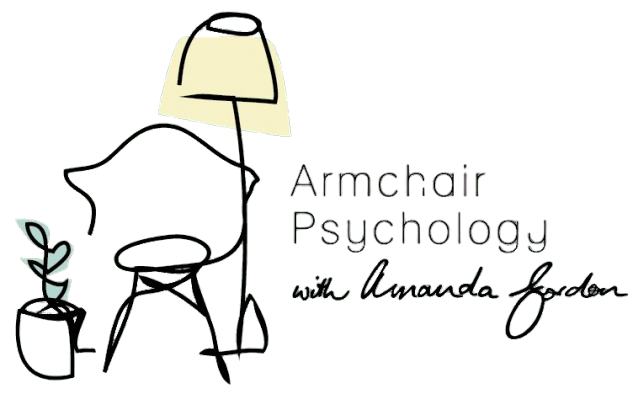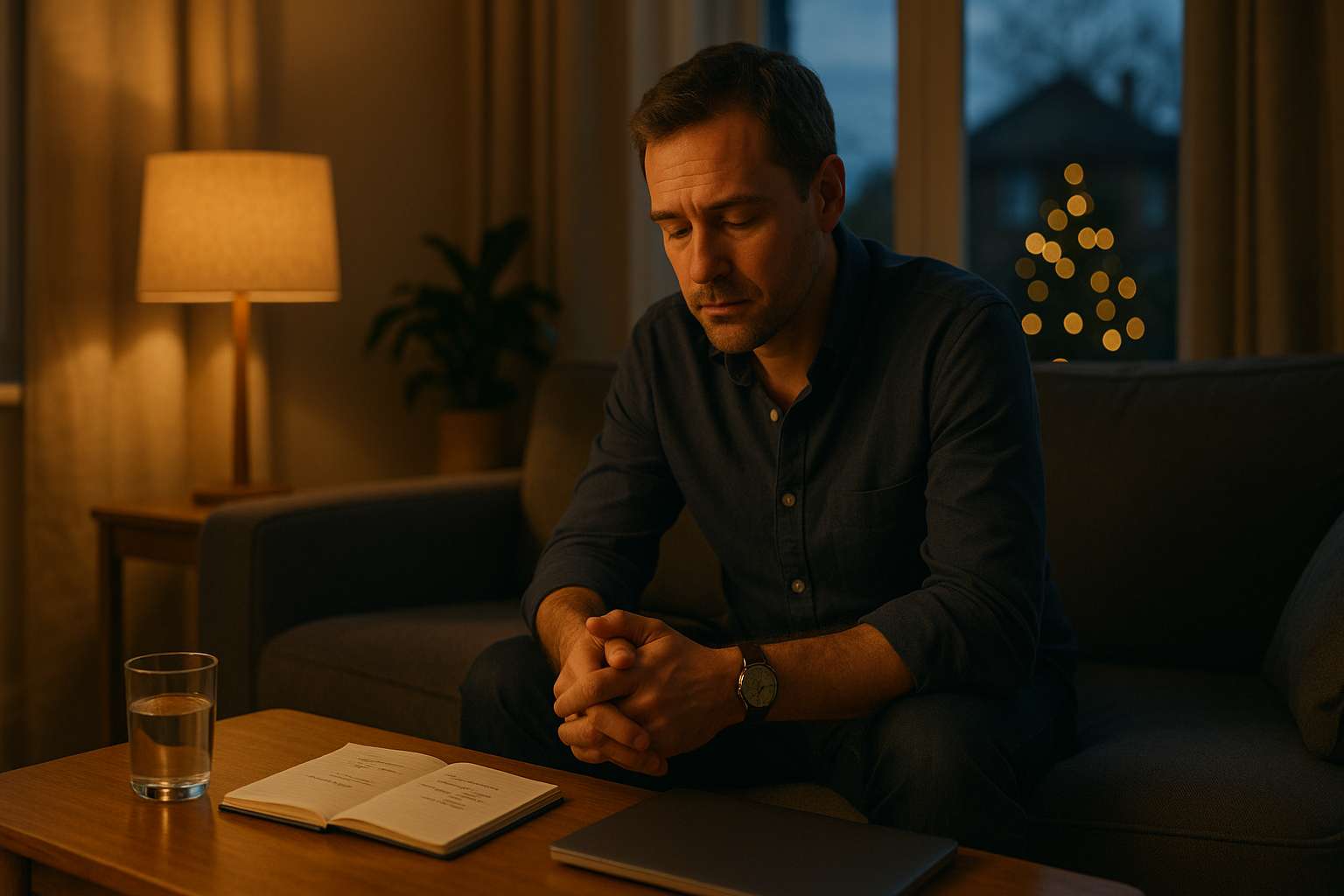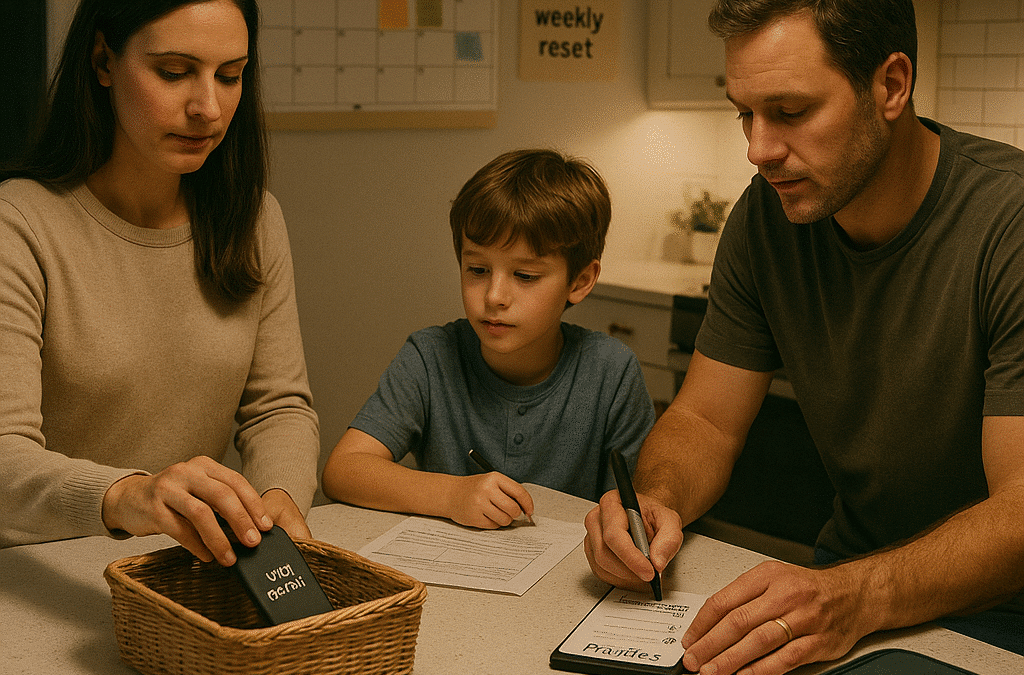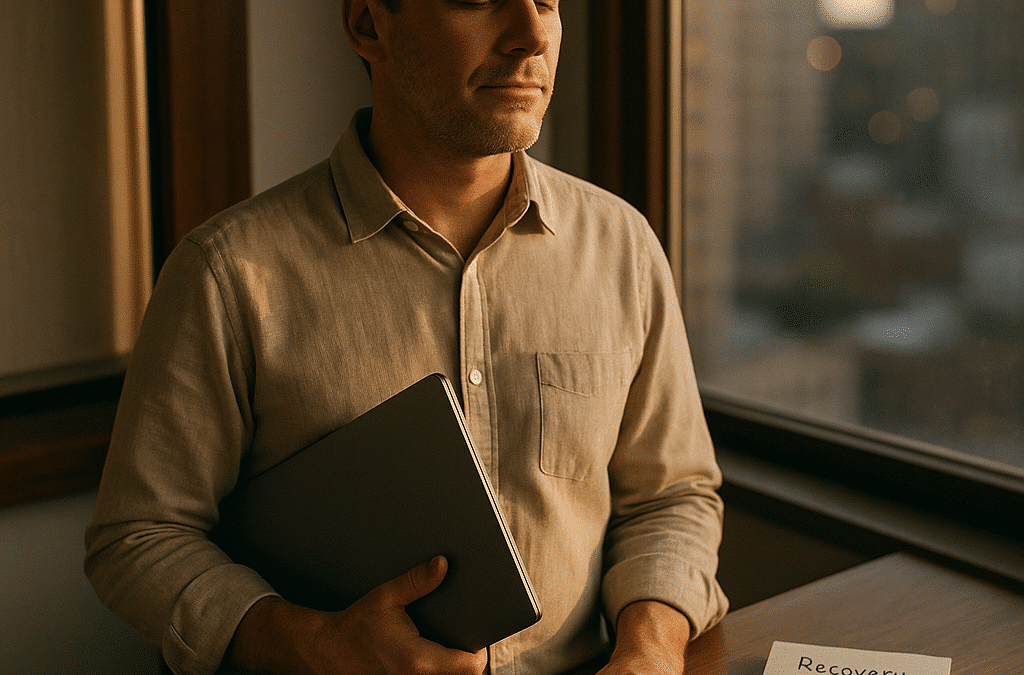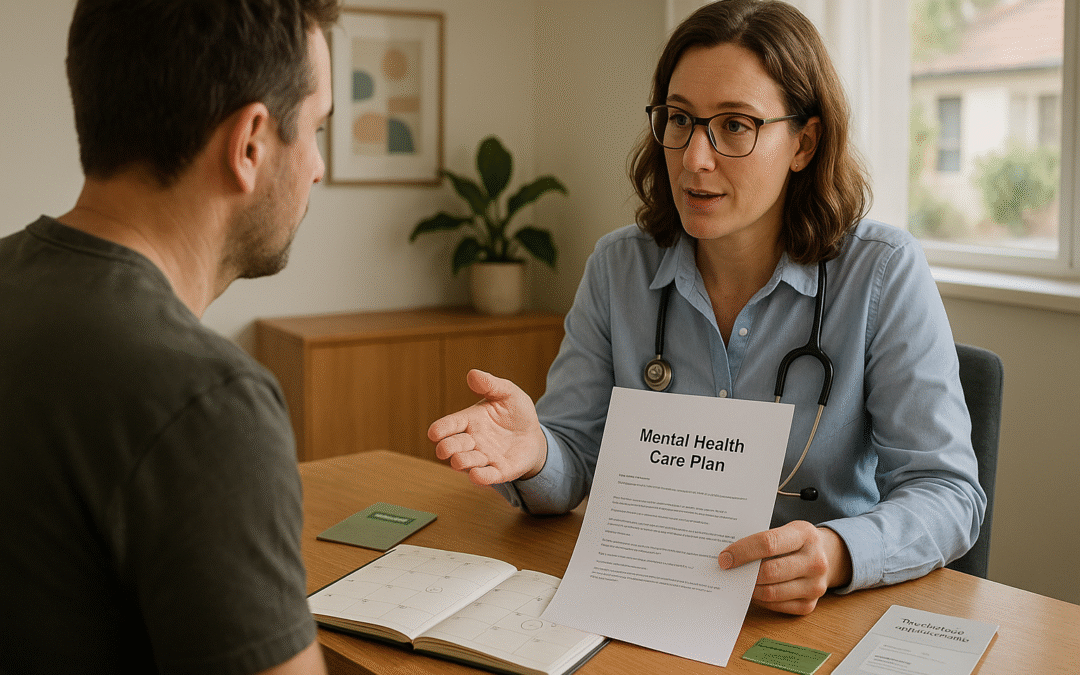End of Year Depression: Why December Feels Different
In Australia, mental health care is a right, not a privilege. The Medicare Better Access program allows eligible adults to receive subsidised psychology For many high performers, the approach of December brings unexpected emotions. Despite the festive marketing and social gatherings, you might feel empty, disconnected or on the verge of tears. This isn’t just about Christmas stress — it can be a predictable response to sustained pressure and a sign that your nervous system is asking you to slow down.
Why depression spikes at year end. After months of running on adrenaline, your brain is depleted. Social expectations — to be cheerful, grateful or “on top of everything” — add another layer of stress. Financial pressures, project deadlines and the urge to finish strong may cause you to push harder when you have nothing left to give. High achievers also tend to compare their behind‑the‑scenes struggles with others’ highlight reels, particularly on social media. This comparison fuels feelings of inadequacy and isolation. Unprocessed emotions from earlier in the year may resurface, leaving you wondering why you’re feeling low when you “should” be happy.
Recognising the signs. Depression isn’t simply “feeling sad.” It’s a condition that affects your mood, thoughts and physical health. Common signs include persistent sadness, loss of interest in activities you once enjoyed, changes in appetite or sleep patterns, irritability, difficulty concentrating and feelings of hopelessness or guilt. Some people also experience physical symptoms like headaches or stomach problems. High performers often mask these signs by staying busy, but the symptoms remain under the surface.
What you can do. Managing end of year depression involves both self care and professional support. Consider:
- Acknowledging your feelings without judgement. It’s okay to not feel festive. Naming your emotions can be relieving.
- Maintaining routines such as regular sleep, balanced nutrition and gentle exercise. Physical health and mental health are intertwined.
- Setting realistic expectations for your work and family commitments. You can’t do everything, and that’s okay.
- Reaching out to someone you trust to share how you’re feeling. Isolation makes depression worse; connection helps.
- Seeking professional help when needed. Therapy provides a confidential space to understand your experience and develop coping strategies.
Depression does not make you weak; acknowledging it is a sign of courage. Many high achievers are reluctant to ask for help because they fear being judged, but mental health issues are common and treatable. By talking to someone you trust, investing in therapy or even joining a support group, you will learn that you’re not alone. Planning small joys and moments of rest throughout December can also shift your mood. If you’re concerned about your safety or the safety of someone else, contact emergency services or a crisis line immediately. Reaching out is a strong and responsible step.
Our adult therapy and family therapy services support individuals and families through difficult seasons. For reliable information about depression and self help strategies, visit Beyond Blue or Healthdirect.
Leave a message and get a personal call back from Amanda to help decide the best path for you.
